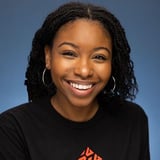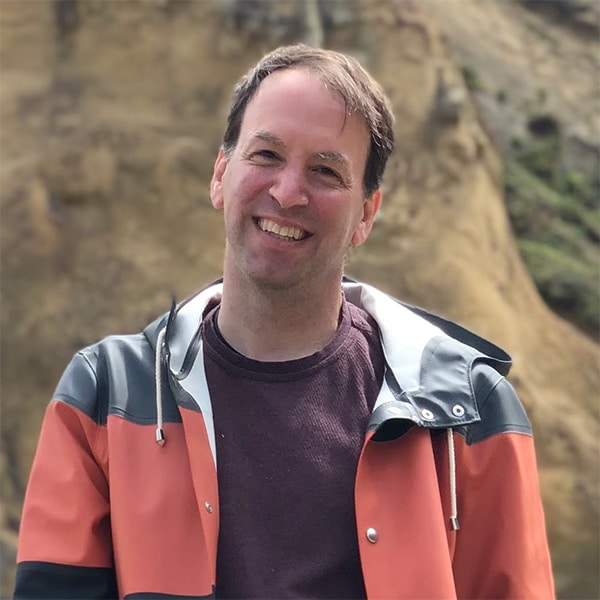Summary
Researchers use our work to drive organizational action, by closing knowledge gaps, clarifying user needs, or identifying opportunities. But the extent of that action is often limited. We frequently want our research to be about strategy, but that's not how organizations usually work. Our stakeholders want tactical research on tight timelines. By contrast, Peter highlights a different, and distinctive, approach to making strategic impact: considering research as a form of "robust action," work that solves specific problems while visibly expanding the organization's field of future possibility. Peter gives examples of work he’s done in this fashion at Intel, Autodesk, and Airtable, and provides some guiding principles to help make our work more valuable.
Key Insights
-
•
User research’s unique value is expanding future organizational possibilities, not just solving immediate issues.
-
•
Intel’s 1998 ethnographic research predicted mobile phones would rival PCs but the company failed to act, illustrating missed strategic opportunities.
-
•
Airtable’s 2021 usability study challenged core company assumptions, triggering a company-wide push towards simplicity amid growth pressures.
-
•
Researchers must balance tackling ‘right here’ problems with advancing longer-term strategic goals to maximize impact.
-
•
Robust action, inspired by chess grandmasters, means preserving organizational flexibility and opening multiple future opportunities.
-
•
Cross-functional collaboration with finance, design, and engineering is critical for research to gain traction inside organizations.
-
•
Individual contributors can influence major strategic directions by identifying tractable research problems linked to bigger goals.
-
•
Incremental innovations, like Intel’s silicon-on-demand and Autodesk’s AutoCAD Trace, can seed transformative change over time.
-
•
Understanding organizational DNA, narratives, leadership concerns, and ecosystem dynamics enhances research relevance and uptake.
-
•
Intuition guides selecting research problems with potential for broader impact, though explicit methods to do so are lacking.
Notable Quotes
"Nobody actually cares that we’re better researchers. The question should be, what makes us distinctive."
"Our research should meet short-term objectives while preserving and expanding our organization’s long-term flexibility."
"Intel’s 1998 research showed cell phones would compete with personal computers, but Intel did nothing."
"Sometimes making a terrible first big change is successful if it allows the next person to improve it."
"The best chess players act early to preserve flexibility and open up possibility, not by seeing far ahead."
"If I can help make big opportunities obvious to the organization, then I will try to do that."
"Most researchers are unequipped to handle grand organizational challenges but can still influence them from within."
"Embrace your insights community beyond just researchers—finance, design, CTO’s office—allies matter."
"Right here problems are what you’re asked to solve now, but solving them with bigger goals in mind changes everything."
"Organizations are better at making something better than at doing something new."
Or choose a question:















More Videos
"There’s never enough attention you can give to change management in scaling design impact — don’t do it alone."
Standardizing Product Merits for Leaders, Designers, and Everyone
June 15, 2018

"Space has meaning in a map—if you move components around without reason, it’s no longer a map."
Simon WardleyMaps and Topographical Intelligence (Videoconference)
January 31, 2019

"Bias is a tendency, feeling or opinion for or against something without reason or evidence."
Sandra CamachoCreating More Bias-Proof Designs
January 22, 2025

"I felt on edge around Jeff and physically depleted after our interactions."
Darian DavisLessons from a Toxic Work Relationship
January 8, 2024

"Stakeholder communication is crucial to professional strategy because without it, we run the risk of activity without impact."
Fisayo Osilaja[Demo] The AI edge: From researcher to strategist
June 4, 2024

"Empowering maker culture invites everyone to be part of a collective endeavor far beyond any individual."
Uday GajendarThe Wicked Craft of Enterprise UX
May 13, 2015

"Consistency over business unit efficiency was a design principle to ensure unified interface and language."
Davis Neable Guy SegalHow to Drive a Design Project When you Don’t Have a Design Team
June 10, 2021

"Everyone wanted to know what was the official pattern and who was accountable for it."
Eniola OluwoleLessons From the DesignOps Journey of the World's Largest Travel Site
October 24, 2019

"The operational glue that binds strategy, execution, and measurement in design is often missing, and that’s critical for scaling."
Aurobinda Pradhan Shashank DeshpandeIntroduction to Collaborative DesignOps using Cubyts
September 9, 2022
















